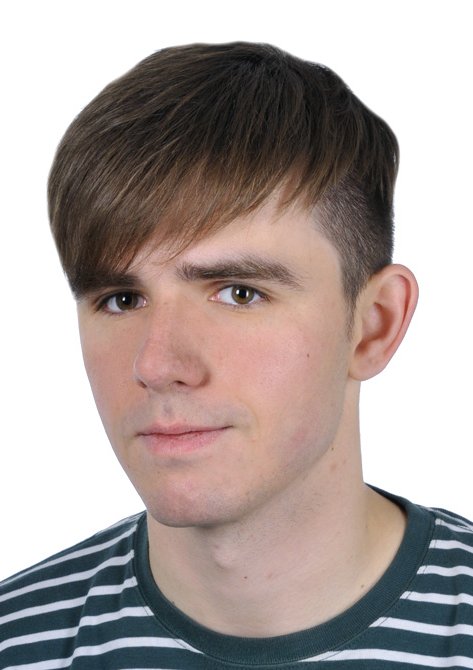
07/01/2020
Doctoral thesis of Tomasz Maciej Stępniewski : "Unraveling the complex signaling behavior of neurotransmitters and their receptors in the brain"
Next thursday 9th of January at 14:00, Tomek Stepniewski, member of the GPCR Drug Discovery group of GRIB, will read his thesis: "Unraveling the complex signaling behavior of neurotransmitters and their receptors in the brain".
The event will take place at the Marie Curie room on the ground floor of PRBB. You are all invited to come.
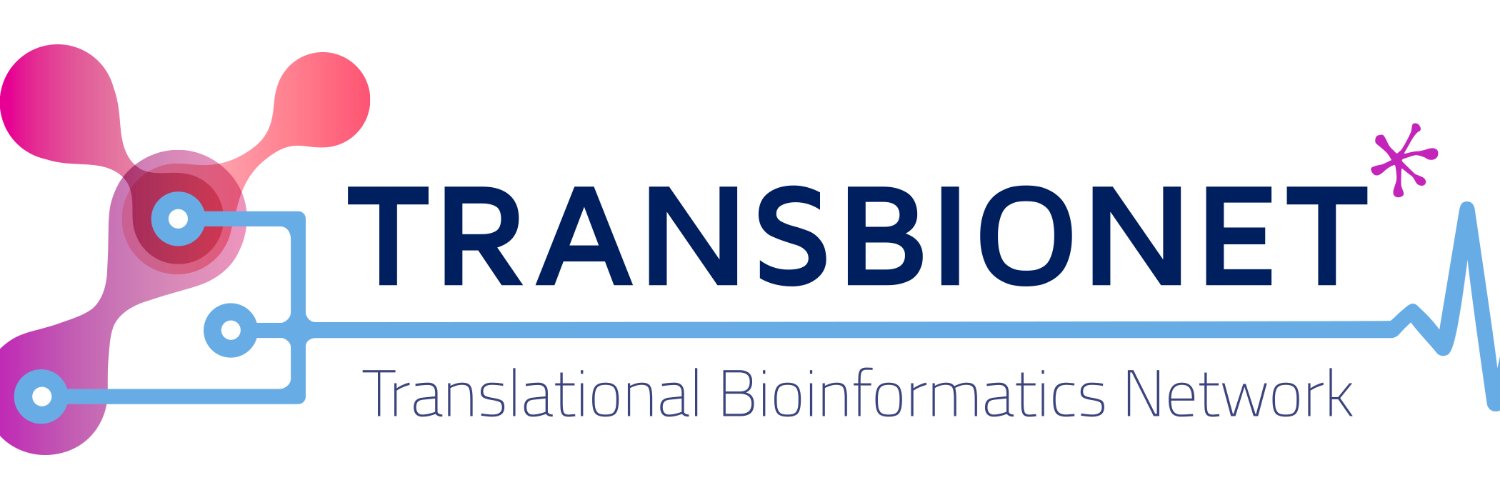
05/12/19
El GRIB participa en la reunión de la red de bioinformática traslacional TransBioNet
El objetivo principal de TransBioNet es crear un foro de expertos donde los bioinformáticos que trabajan en entornos de investigación sanitaria compartan las mejores prácticas y experiencias de trabajo, tengan acceso temprano a los últimos desarrollos tecnológicos y directrices de organizaciones e iniciativas. El trabajo de la red se centra en tres pilares principales: estándares y evaluaciones comparativas, modelos de sostenibilidad y actividades de formación.
La Red de Bioinformática Traslacional, TransBioNet, considerada de excelencia por el Ministerio de Ciencia, Innovación y Universidades, e impulsada y coordinada por el Instituto Nacional de Bioinformática, es una plataforma tecnológica del Instituto de Salud Carlos III. La red está integrada por más de 35 unidades de apoyo bioinformático a lo largo del país. Dada su naturaleza altamente colaborativa, TransBioNet está abierta a cualquier unidad de bioinformática vinculada a entornos sanitarios o servicios de apoyo de bioinformática en instituciones de investigación biomédica.
Ver noticia completa en la web del INB
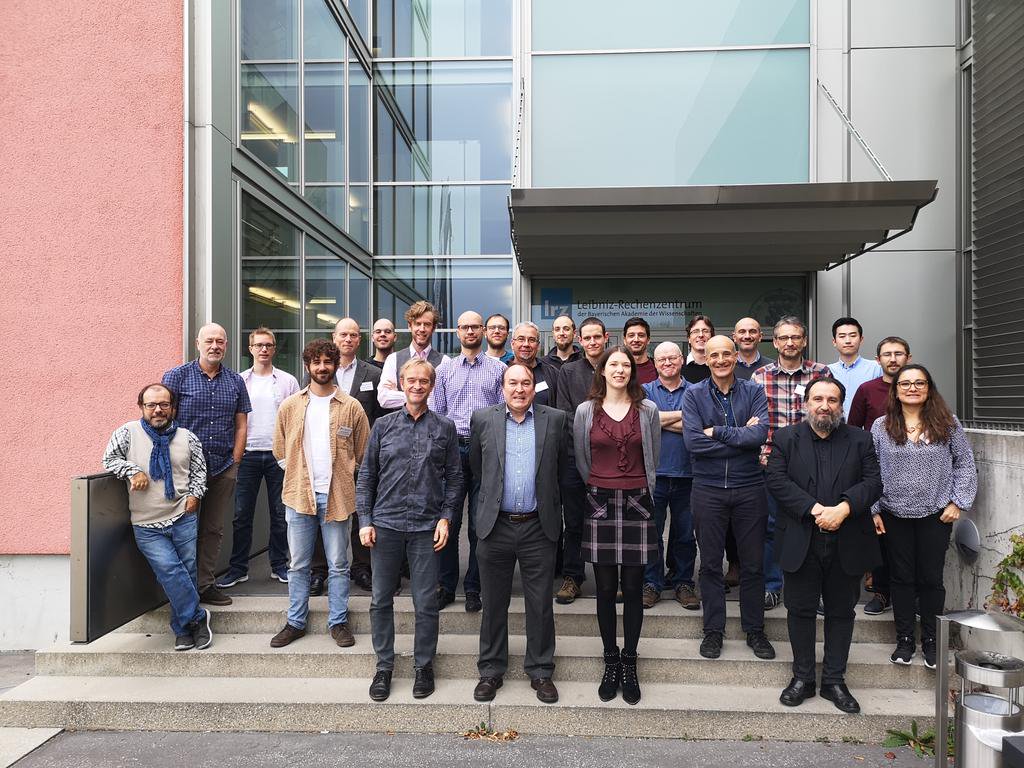
05/12/2019
The Project CompBioMed 2 started on 1st October 2019 and will run for another 4 years.
The Computational Science Group of GRIB led by Gianni de Fabritiis is involved on this project and will have a central role regarding research on biomedical science, both with simulation methods and deep learning based applications. The group will also be working towards integrating results from modelling and simulation data with clinical and/or experimental data, supporting the combination of high-throughput data analytics with HPC based results, which will provide users a way to leverage the results produced by CompBioMed's research.
Read more about the project at https://www.compbiomed.eu/
Read more about other projects of the Computational Science Group of GRIB

06/11/2019
Inside out: looking within our bodies improves drug design
Researchers from the IMIM Systems Pharmacology Research Group have analyzed 566 drugs and their endogenous ligands. The results help predict whether a drug may have undesired side effects.
The Systems Pharmacology group of GRIB has established for the first time a quantitative relationship between the affinities of the endogenous metabolites and of the drugs for the same proteins. Read the full interview to Jordi Mestres, head of this group, at the last edition of el·lipse magazine.

17/10/2019
Work from Mar Albà's group on the evolution of new genes featured in Nature News
Scientists long assumed that new genes appear when evolution tinkers with old ones. It turns out that natural selection is much more creative.
Evolutionary genomicist Mar Albà, head of the Evolutionary Genomics Group of GRIB, had shown that the younger a gene is, evolutionarily speaking, the faster it tends to evolve. She speculated that this might be because the molecules encoded by younger genes are less polished and need more tuning, and that this could be a consequence of the genes having arisen de novo - they were not tied to a previous function as tightly as those that had evolved from older genes. Both Albà and Begun recall that it was challenging to publish their early work on the topic. "There was a lot of scepticism," says Albà. "It's amazing how things have changed."
Read the article at Nature News https://www.nature.com/articles/d41586-019-03061-x
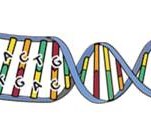
14/11/2019
Thesis lecture of Lara Nonell on November, 19th at 11:00: "New approaches in omics data modelling"
Next tuesday, 19th of November, at 11:00 AM, Lara Nonell, member of the Computational Human Biology Group of GRIB will defense her thesis "New approaches in omics data modelling" at the Ramón y Cajal room on the ground floor of PRBB. You are all invited to this event.
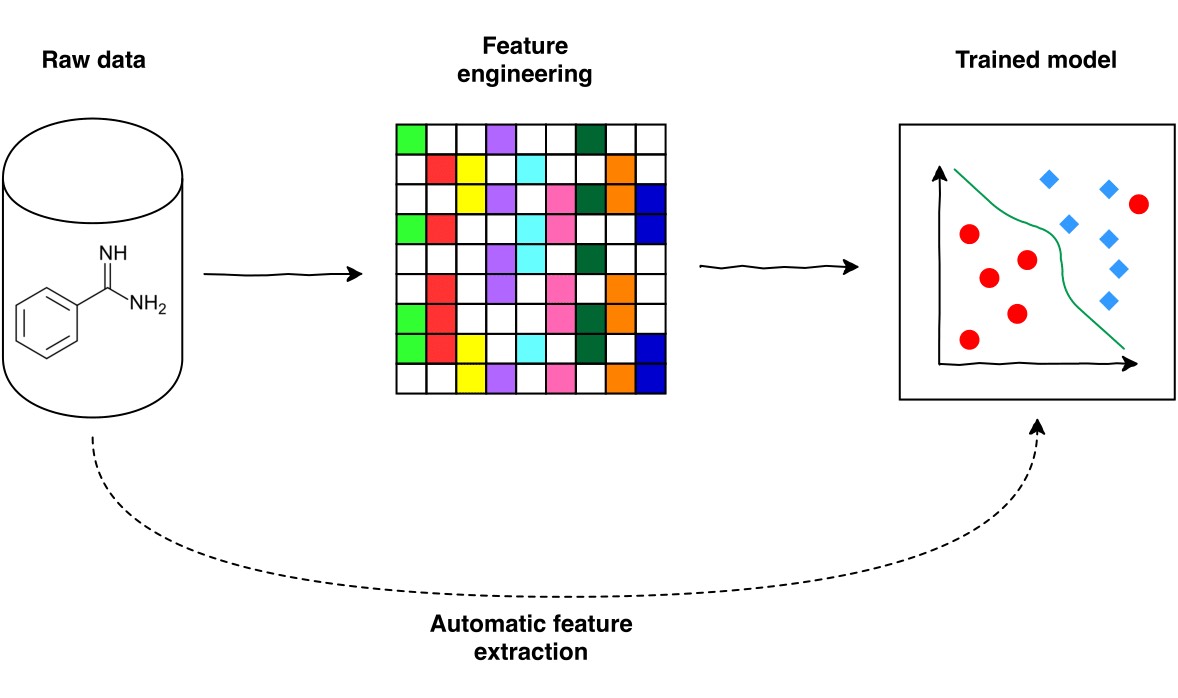
23/10/2019
Thesis lecture of José Jiménez on October 24th: "Machine learning in structural biology and chemoinformatics"
Next thursday, 24th of October at 10:00 AM, José Jiménez, member of the Computational Science Group of GRIB will defense his thesis "Machine learning in structural biology and chemoinformatics" at the Xipre room on the first floor of PRBB. You are all invited to this event.

09/10/2019
Our own bodies hold the key to designing safer drugs
The study was published in the prestigious journal Drug Discovery Today, which also dedicated the Editorial to it, and it has been reviewed by Nature Reviews Drug Discovery.
Based on a study of 566 drugs that interact with 129 different proteins, researchers from the Systems Pharmacology Group, in collaboration with researchers from the University of New Mexico, in the United States, realised that 71% of drugs have stronger affinities for their target proteins than those of the small internal molecules responsible for regulating their functions. Surprisingly, this is the first time that the affinities of endogenous ligands and drugs for the same proteins have been quantified.
"To date, no one had ever considered the idea that a drug's minimum interaction with its target protein should be similar to the affinity shown by the body's own small molecule. We have discovered that our own molecules, naturally optimised by evolution, provide the frame of reference necessary for efficiently designing more effective and safer drugs", explains Jordi Mestres, head of the Systems Pharmacology group.
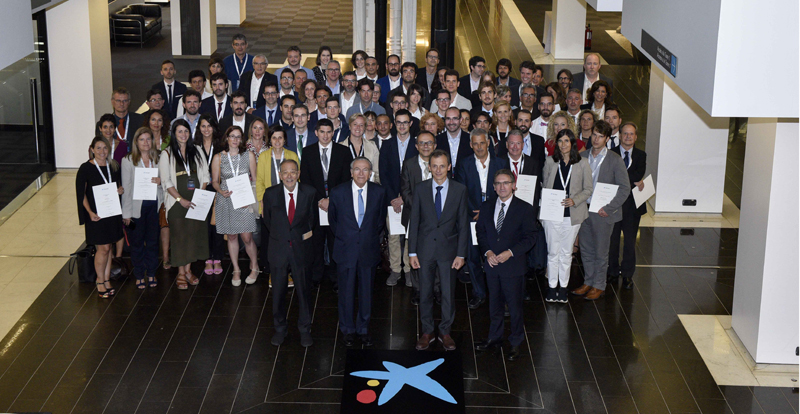
Gabriel Santpere galardonado con el Programa de Becas de La Caixa
Gabriel Santpere, investigador del GRIB en el area de Genómica, ha ganado una Ayuda a Proyectos de Investigación e Innovación de Excelencia Nacionales e Internacionales de La Caixa. El proyecto galardonado lleva por título "¿Qué mutaciones genéticas son responsables de las especializaciones del cerebro humano?" y pretende proporcionar conocimientos fundamentales sobre la evolución, desarrollo y funcionalidad del cerebro, humano y de los primates, en condiciones de salud y enfermedad.
La Caixa ha galardonado en esta edición un total de 79 proyectos de centros de investigación de España y Portugal con una dotación global de 28 millones de euros. La entrega de galardones estuvo presidida por Isidre Fainé, presidente de la Fundación Bancaria "la Caixa"; Jaume Giró, director general de la Fundación Bancaria "la Caixa"; Javier Solana, miembro del Patronato y del Consejo Asesor de Expertos en Investigación de la Fundación Bancaria "la Caixa", y Pedro Duque, ministro de Ciencia, Innovación y Universidades.
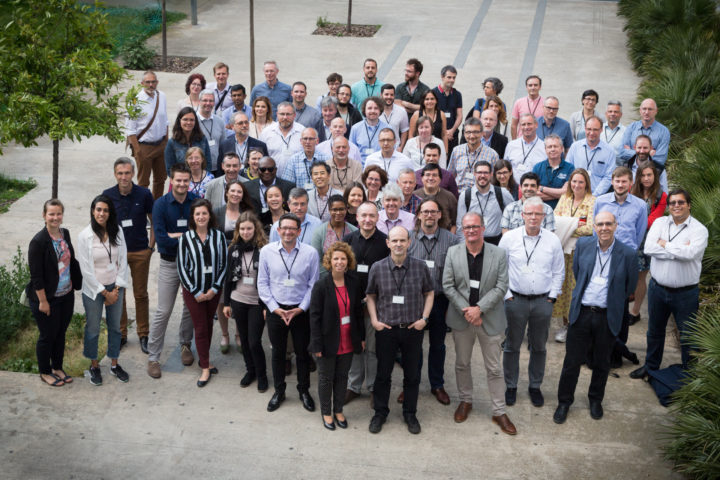
23/08/2019
eTRANSAFE 6th Consortium Meeting
The 6th eTRANSAFE Consortium Meeting took place in Barcelona on the 5th and 6th June 2019. The eTRANSAFE Consortium members gathered for two days to discuss the achievements and next steps of the project.
The first day of the meeting was structured in workshops around specific topics of interest such as DILI models, other one addressed the clinical data provision and the terminology mapping work, a workshop on Data sharing experiences and the last workshop focused on the identification of the opportunities for translational research. The second day started with a summary of the workshops held on the first day, followed by a discussion on the status and path forward of consortium technical developments. A successful demo on the first iteration of the system was performed.
The meeting ended with the vision from the eTRANSAFE Scientific Advisory Board members: Hennicke Kamp, Jean-Marc Vidal, José Vicente Castell and the recently appointed member Stéphane Dhalluin. Their contributions were valuable for the progress of the project, also to properly prepare the forthcoming IMI mid-term review planned for Q1 2020.



